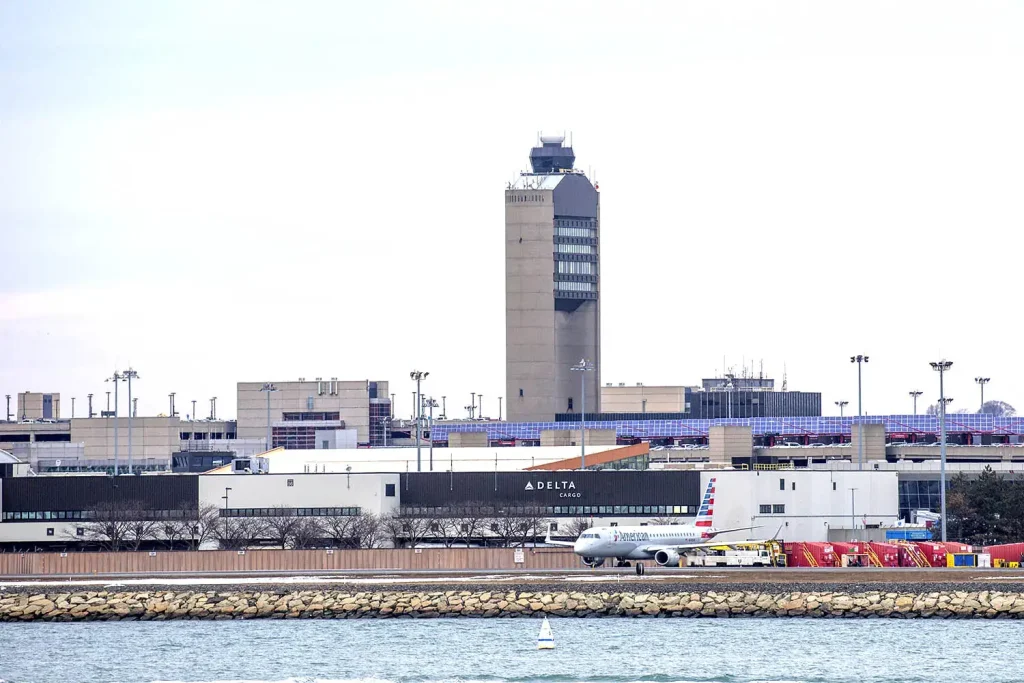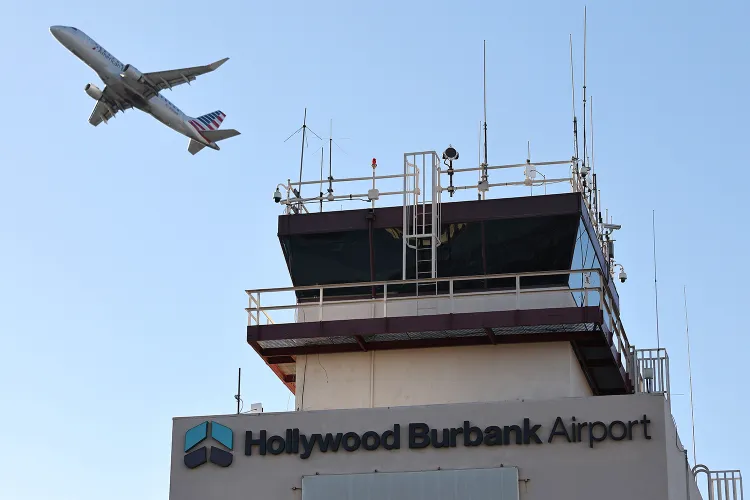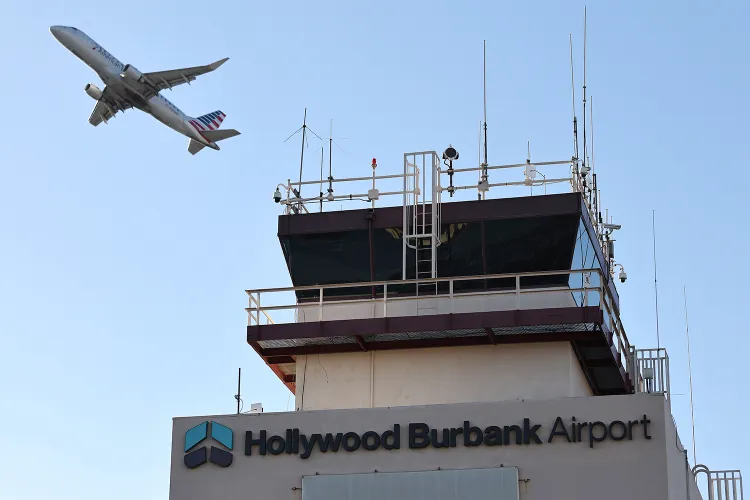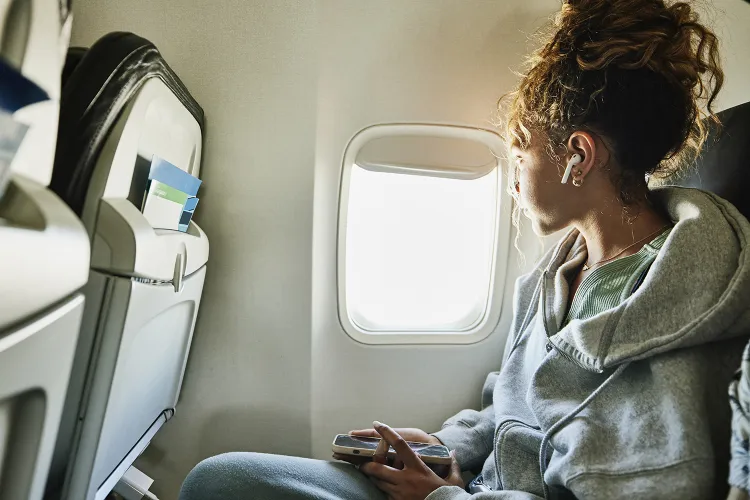As Government Shutdown Halts Paychecks, Airlines Step In to Feed Air Traffic Controllers and Federal Workers Across the U.S.
In a rare and heartfelt gesture of solidarity, several major airlines are stepping in to help feed air traffic controllers and other federal workers who have gone unpaid during the ongoing government shutdown. It’s a small but meaningful act that’s bringing some warmth and humanity to a difficult moment for thousands of people keeping the nation’s airways safe.
United Airlines confirmed that it has begun donating meals to federal aviation employees affected by the shutdown, including air traffic controllers and Transportation Security Administration (TSA) staff. In a statement shared with PEOPLE, the airline said, “We are donating meals for air traffic controllers and other federal workers whose pay is delayed.” The company explained that the initiative covers United hubs in key U.S. cities — including Chicago, Houston, Los Angeles, Newark, San Francisco, and Washington, D.C. — where hundreds of federal workers have been coming to work without receiving paychecks.
For those inside the aviation world, the gesture means more than just food. It’s a show of appreciation for the people whose unseen efforts keep the skies safe. Even during the shutdown, air traffic controllers are required to report for duty, guiding thousands of flights every day under immense pressure. Without them, the entire aviation system would grind to a halt. Yet, as of this week, many have been working without pay for several consecutive pay periods. Some have shared stories of struggling to afford groceries or gas just to get to work, while others have turned to local food drives to feed their families.

Airlines, airport workers, and community groups across the country have joined in the effort to help. At Houston’s George Bush Intercontinental Airport, local United staff arranged meal deliveries directly to control towers and break rooms. At Chicago’s O’Hare and Newark airports, volunteers set up buffets and grab-and-go lunches, creating a moment of comfort amid uncertainty. “It’s our way of saying thank you,” one United employee said. “These men and women are still showing up, still keeping flights on schedule, and we just want them to know we see them.”
The Federal Aviation Administration (FAA) has also acknowledged the strain its employees are under. In a statement earlier this week, the agency praised the aviation community for stepping in, noting that morale has been a growing concern as workers continue without pay. Some controllers have described the environment as tense but determined, relying on one another — and, increasingly, on outside kindness — to get through the shutdown.

Other airlines have taken similar steps. Delta and Southwest have reportedly provided food donations at select airports, while JetBlue offered travel vouchers for federal workers in need of emergency transport. Across social media, passengers and fellow aviation professionals have praised these efforts, calling them reminders of compassion in an industry that depends so heavily on teamwork.
For many, the shutdown has served as a stark reminder of how deeply connected the aviation system really is. Every flight, every safe landing, every on-time departure depends on a vast network of skilled professionals — from controllers in dimly lit towers to maintenance crews on the tarmac — who dedicate themselves to safety above all else. Now, in a time of crisis, that same network is showing what solidarity looks like.
While no one knows exactly when the shutdown will end, these small acts of kindness have become a beacon of hope. They’ve also sparked broader conversations about how essential workers are supported in times of national crisis. For now, the meals being provided by airlines are more than just nourishment — they’re a gesture of gratitude, a message that says: “We know you’re still here, still showing up, and we’re thankful.”
In an industry that runs on precision and coordination, it’s moments like these — when people step up for one another — that remind us what truly keeps the system in motion: not just technology or infrastructure, but human care and connection.



